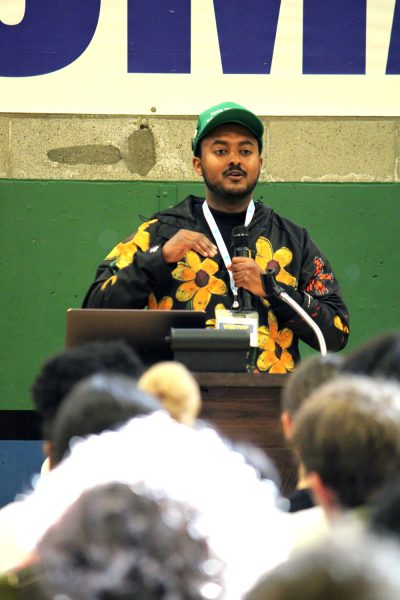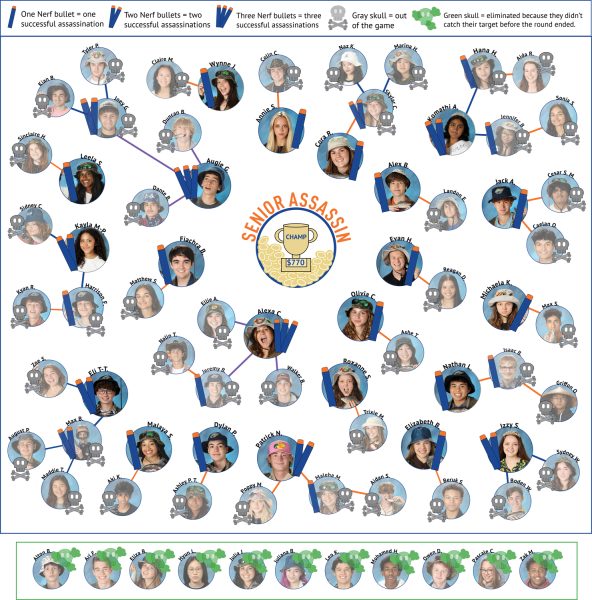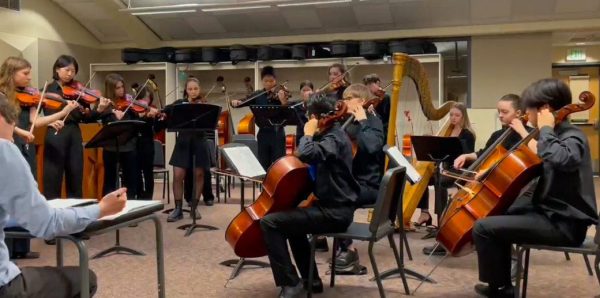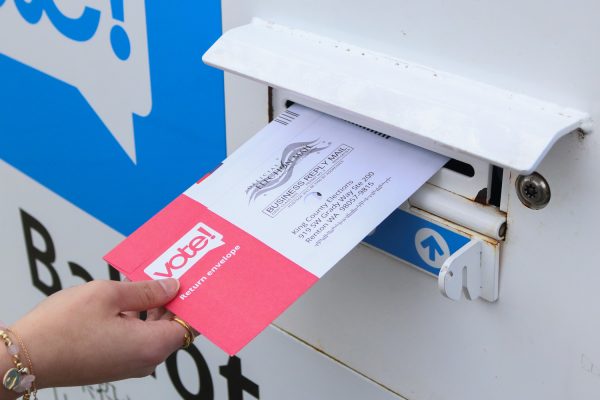An E-Cigarette Epidemic
Vaping has taken over, and the Washington government is not happy
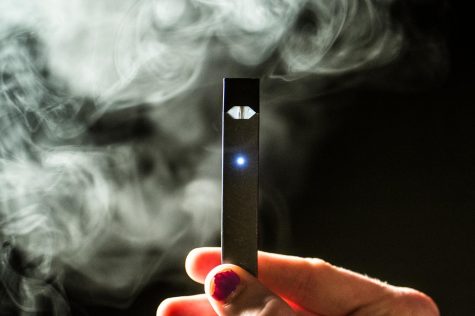
A teenager holds a vaping device. Health concerns have caused new reforms in how e-cigarettes are sold.
Washington Governor Jay Inslee has taken action against vaping. In the United States, there have been 34 deaths and many more injuries with vaping being the one thing all the patients have in common.
According to the Centers for Disease Control and Prevention (CDC), as of Nov. 5, 2019, there have been 2,051 reported cases of lung injury due to vaping and 39 deaths in the United States.
These numbers are quickly rising. During the month of October, the number of deaths has risen from 18 to 37.
As stated by the CDC Vapes can contain nicotine, CBD or THC. Nicotine is highly addictive and can be very harmful to brain development, especially for growing adolescents. There is an ongoing investigation regarding what is in vapes, but the specific ingredient causing these problems are unknown.
Recently, the CDC received test results possibly identifying the element that caused these injuries. Fluid from the lungs of 29 patients contained vitamin E acetate, a harmful additive used in nicotine products.
According to research done by the Washington State Liquor and Cannabis Board, flavors have had a large contribution to the beginning of use for many adolescents. Inslee placed a ban in early October on the sale of these flavored vapes.
Juul is an electronic cigarette company that has become a very popular among teens with flavors such as mango, cucumber, or mint.
Recently, a ban has been placed against these flavored vapes.
“The governor asked the Liquor Control Board to do a ban on flavors and that is absolutely the right thing,” said Dr. Beth Ebel, a professor of pediatrics at the University of Washington.
Currently, this ban is only temporary. Washington state legislators are working on making this a more permanent solution.
“We are working on a bill to introduce in January, its making a permanent ban on flavors, which we’re doing because… we think this is the most effective way to prevent youth from starting vaping,” said Legislative Aid Kira McCoy.
Associate Director of Upper School Sarah Peterson feels concerned for students choosing to vape.
“I’m legitimately worried about the health of young people who are choosing to vape heavily as teenagers… [and] the impact that will have on students’ long term health,” Peterson said.
One highschool student at University Prep choses vaping as a way to cope with stress.
“Life is stressful, and UPrep doesn’t want to actually help us destress so we turn to substance abuse to relieve ourselves,” a UPrep student who wishes to remain anonymous said.
Peterson wants to help, but there is only so much that she can do.
“It’s real hard to be 38 and realize that you can’t change behaviors that have become embedded when you were an adolescent and that are having a really negative effect on your health as an adult,” Peterson said. “I’m just trying to do this for your future self.”
Washington state has taken action to prevent more deaths.
According to the Washington State Liquor and Cannabis Board, in the beginning of October, the government began a tax where the solution in e-cigarettes are taxed 27 cents per millimeter.
On Jan. 1, 2020, the tobacco 21 will be placed. The Tobacco 21 is a law that will raise the minimum age to purchase vapor or tobacco products will rise from 18 to 21 in Washington.

Loobna Shego is one of the web editors-in-chief of UPrepmedia.com and she has been on staff for four years. Her favorite type of stories to write are op-eds,...


